"The problems Egypt is dealing with and complex, so it requires us to thoughtfully and thoroughly go through how best to address them."
Managing Director Kristalina Georgieva stated on Thursday that the IMF believes that reducing interest rates too soon poses a bigger danger to the world economy than moving "slightly" too late.
To reinflate the economy after the epidemic, the US Federal Reserve, the European Central Bank (ECB), and other institutions have raised interest rates in recent months.
Many of the developed and emerging countries of the globe are already seeing a decline in inflation, thus focus is now shifting to when they should begin lowering interest rates to encourage investment and economic expansion.
At a press event at the International Monetary Fund in Washington, Georgieva said, "Our team has looked back in history, and the conclusion they drew is that the risk of premature easing is higher than the risk of being slightly behind."
"But don't keep it tight if you don't have to," she said. "So look at the data, act on the data."
-'50 feet above the earth'-
A day after the US Fed's rate-setting committee decided to keep interest rates unchanged, Georgieva made her remarks.
Stocks on Wall Street fell as Fed Chair Jerome Powell dampened speculation of an interest rate drop at the group's next meeting in March at a news conference that followed the decision.
ECB President Christine Lagarde stated earlier this week that although officials were certain a rate decrease was imminent, they would not provide a precise timeline.
On Thursday, Georgieva informed reporters that a "soft landing," in which policymakers return inflation to goal without inciting a recession, was imminent for the US.
She stated, "If you carefully assess the Fed posture, it is one that recognizes the job is not quite yet done," and that officials were discussing a first rate cut timeline that was just "a matter of months," not much longer.
"We are poised for soft landing, it's not done," she stated. "You're still 50 feet above ground and we know that until you land it's not over."
- Developments in Argentina and Egypt-
Georgieva said that the IMF decided to prolong its current mission in Egypt in order to provide the local team with more time to complete an extension of its $3 billion loan arrangement.
The nation has been experiencing a major economic shock as a result of the conflict in Gaza and the ensuing decline in income from marine traffic passing through the Suez Canal, which has compounded the impact of the war in Ukraine on food and energy costs.
"The problems Egypt is dealing with and complex, so it requires us to thoughtfully and thoroughly go through how best to address them," she stated to reporters.
"We're making very significant progress in that regard."
Georgieva further affirmed that the IMF was "not discussing a new program" with Argentina, a country experiencing extreme economic hardship with 40 percent of its population living in poverty, little foreign exchange reserves, and annual inflation exceeding 200 percent.
She called Milei a "very pragmatic president," who was "not ideologically confined, but looking at ways in which the country can move out of this difficulty."
"What we endorse wholeheartedly is the decisiveness to tackle these problems with more ambition than we have seen in prior years, and speak truth to people," she said.
Her compliments went to Javier Milei, the new libertarian president of the Latin American nation, who entered office in December with the intention of cutting public expenditure and putting an end to decades of economic mismanagement.
She described Milei as a "very pragmatic president," and one who was "not ideologically confined, but looking at ways in which the country can move out of this difficulty."
"What we endorse wholeheartedly is the decisiveness to tackle these problems with more ambition than we have seen in prior years, and speak truth to people," she stated.
End//voice7news.tv



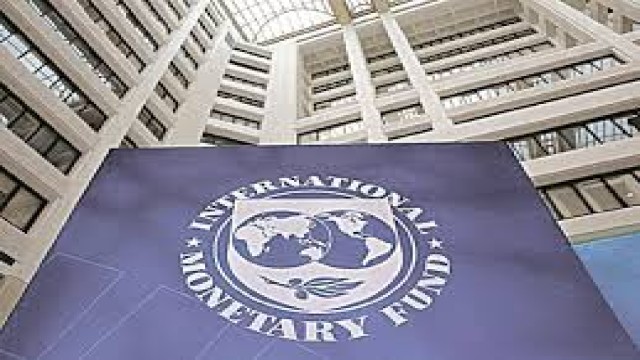
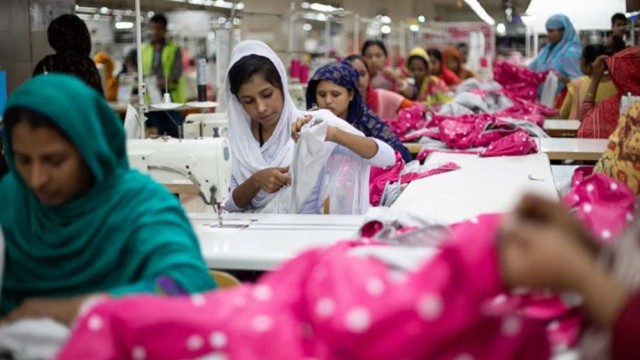








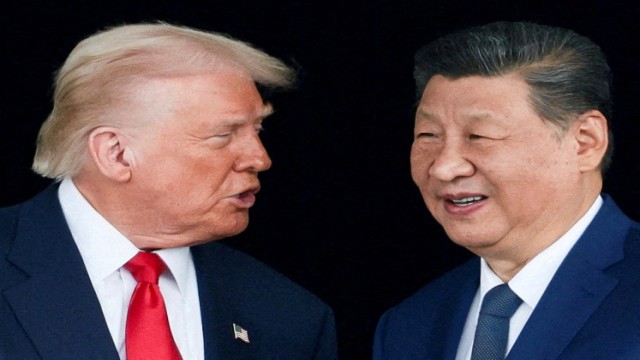
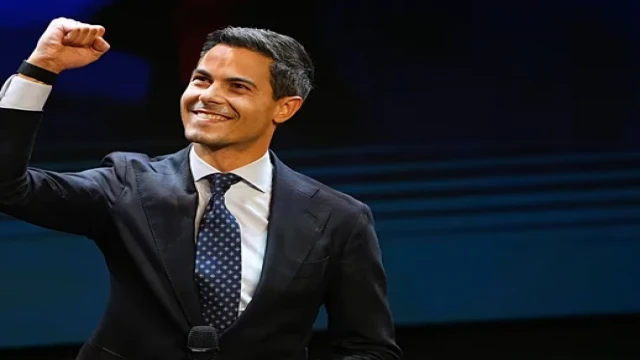
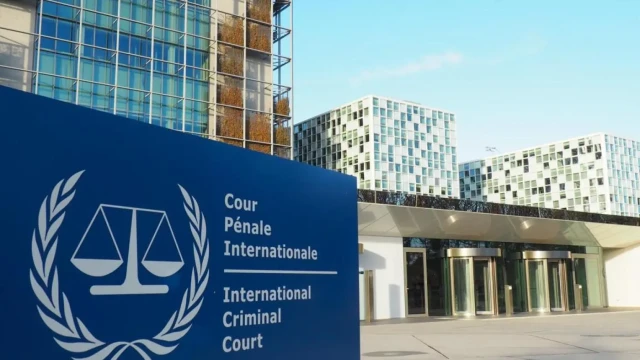














Comment: